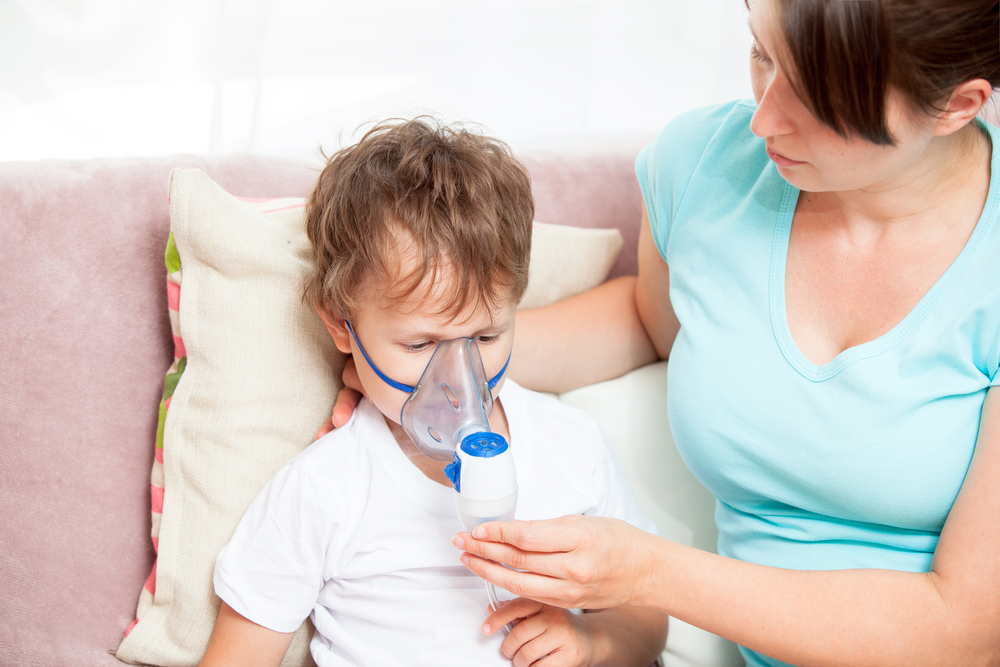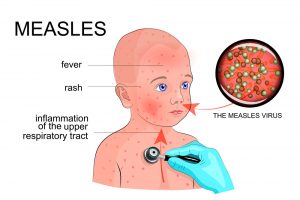As we head into the cooler months the regular coughs, colds and flu’s all begin to appear. However, increasingly over recent years we have also seen outbreaks of pertussis, more commonly known as whooping cough.

The highly contagious nature of this disease leads us to ask:
What can you as a family do to prevent catching, or unknowingly spreading this disease?
1. Handwashing
Handwashing has such an important role in preventing the spread of all diseases in our communities, not just whooping cough. Humans are social beings. We hug, high five, shake hands and rub shoulders with many different people each week. For this reason, it is important to teach young children, and be mindful ourselves, about good handwashing techniques, especially after coughing, sneezing and blowing our noses (or picking the nose!). Health studies have clearly demonstrated that handwashing is the leading way to reduce the spread of disease in the community. Its also an idea to remember to change the hand towel regularly especially when there are younger members in your family who may not wash their hands as thoroughly as others!
2. Cough and sneeze hygienically
Prevention of disease comes from knowing how whooping cough is spread. The Bordetella pertussis bacterium (whooping cough) lives in the human respiratory tract and can easily be spread when someone coughs, sneezes or even laughs. As a family teach younger children to sneeze or cough covering their nose and mouth with a tissue which they can then dispose of (and then wash their hands). If a tissue is not available teach them to cough or sneeze into their upper arm to avoid bacteria being transferred in to the atmosphere and being on their hands. Remember ‘coughs and sneezes spread diseases!’.
3. Vaccinate
As a community all people should be vaccinated to prevent the spread of diseases and their potentially deadly side effects for babies in the community. The whooping cough vaccine is recommended for all babies at 2, 4, 6 and 18 months, as well as 4 years. Another vaccination is given at 12-13 years.
All parents of newborns are recommended to have the whooping cough vaccine. As well as parents, grandparents and those who will be in close contact with a newborn baby are recommended to have the vaccine.
A baby’s immune system is fragile which makes them susceptible to bacteria and viruses. For this reason, any measures that can be taken to prevent the spread of whooping cough within your family are vitally important. Adults are the most likely to spread the infection to a baby so it is important for adults to be protected and vaccinated. Pregnant women are also encouraged to be vaccinated in the third trimester (28-32 weeks gestation) to transfer some immunity to their developing baby, and also protect them from contracting whooping cough following the birth of their baby.
4. Breastfeed
Although breastfeeding itself does not provide immunity to your baby for vaccine preventable diseases such as whooping cough, it does reduce the risk of acute infections from the environment such as pneumonia, influenza and meningitis. The immune properties of breastmilk last until a baby is around 8 months of age. With good gut health and the protective factors from breastmilk, breastfeeding improves immune health so that if a baby comes into contact with a bacteria or virus its immune system is better equipped to fight it off.
5. Antibiotics
Whooping cough is extremely contagious and this means that often family members or others who are in close contact with those who have whooping cough will also contract the disease. Antibiotics for those who surround the person with whooping cough can help protect and prevent a person from developing the disease. Contact your local GP if someone in your family, or someone close to you develops whooping cough and they will advise if antibiotic treatment is appropriate for you or your family.
Protecting your family by following these tips is the best way to minimise the chance of contracting whooping cough and preventing it from spreading throughout the community.
Please consult with your doctor or other heath care professional if you are concerned that you or your children have whooping cough.
For further information on whooping cough please see:
http://www.health.nsw.gov.au/infectious/whoopingcough
or search your local states health site for up to date information on whooping cough
Click to access whooping_cough-en.pdf
Medical disclaimer: Tips provided need to be considered in conjunction with medical advice. For immediate concerns please contact HealthDirect (Australia wide) on 1800 022 222 to talk to registered nurses 24hrs a day, and in emergencies call 000.













